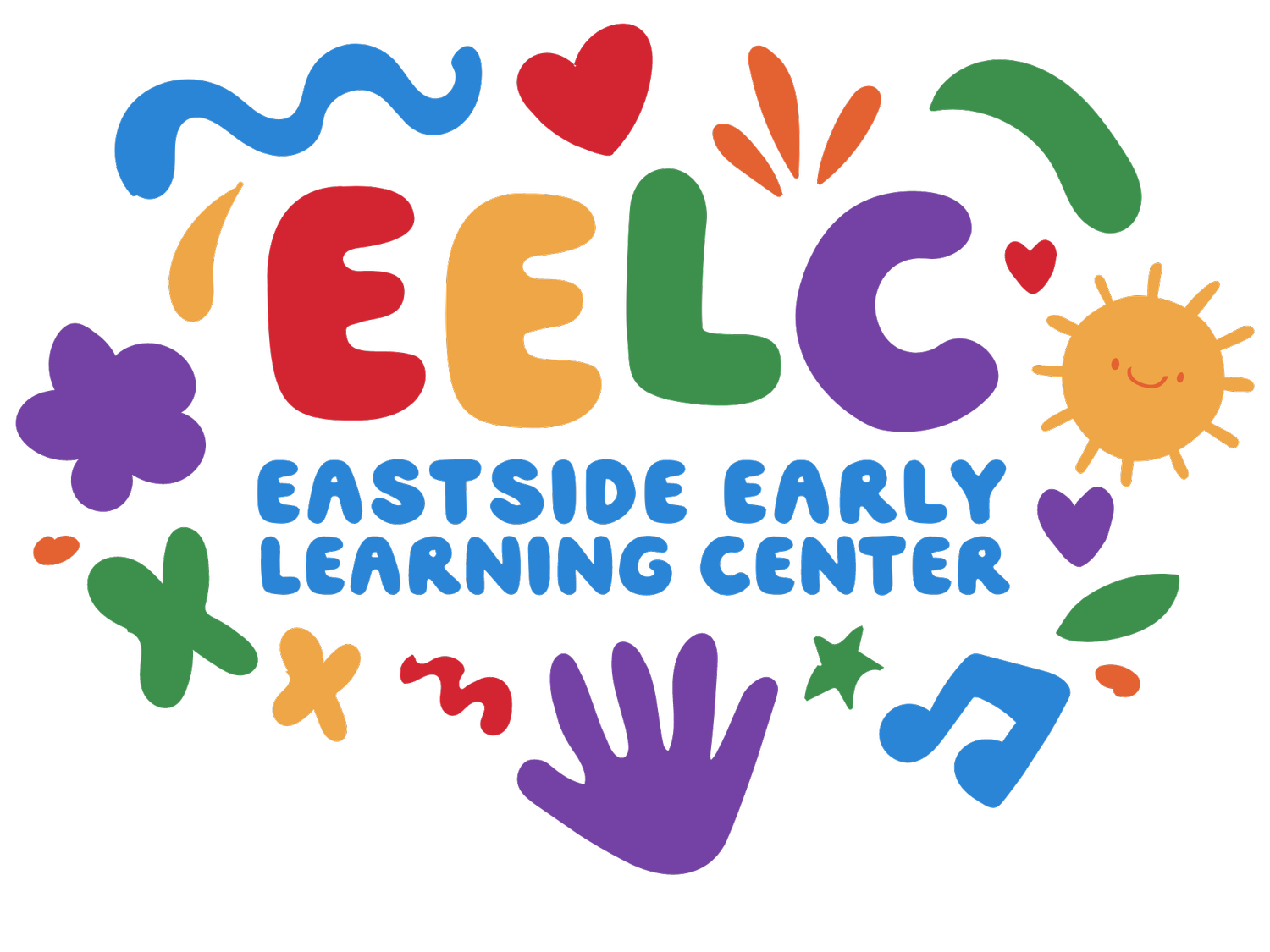At EELC, we believe that each child is a competent learner, with his or her own learning styles and strengths. Using the Rhode Island Early Learning and Development Standards as a guide, our lead teachers design their own curriculum based on the interests and needs of their individual students.
A large portion of each day, in every classroom, is devoted to play- and center-based learning. While this type of work is often dismissed ("All they do is play all day!"), play-based learning has proven to have long lasting effects on children's brain development. Research has shown engaged, uninterrupted play results in improved cognitive, linguistic, and social skills and increases in creativity and problem-solving ability. Below are the developmental benefits of some of our most important play centers:
Blocks
motor skills and hand/eye coordination
spatial skills
capacity for creative, divergent thinking
social skills
language skills
cooperative play skills
There is evidence that complex block play in preschool leads to higher math scores in high school.
Dramatic/Pretend Play
turn-taking and shared responsibility
cooperative problem-solving
empathy and increased self-esteem
appropriate expression of both positive and negative emotions
peer negotiation skills
increase in language use and variety of vocabulary
"theory of mind" - understanding that others' perspectives may differ from one's own
Studies have shown that early imaginative play is associated with increased creative performance later.
Sensory Exploration
problem solving and decision making
science skills (cause and effect, gravity, states of matter)
math skills (matching, counting, one to one correspondence, sorting and classifying)
linguistic skills (increased descriptive and expressive language, pre-writing skills)
eagerness to experiment
cooperation and collaboration
fine motor skills (pouring, scooping, grasping)



